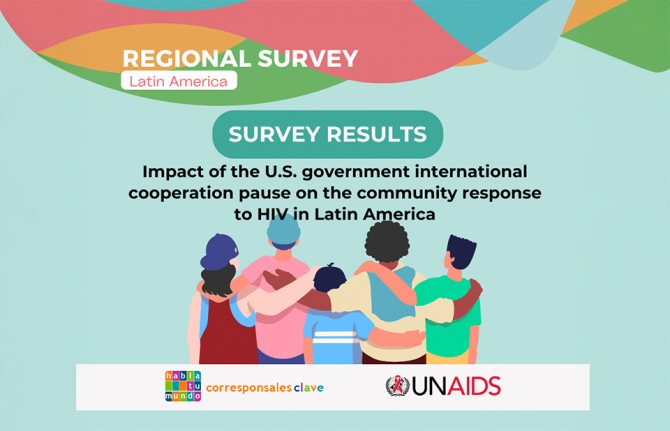
Feature Story
Costa Rica: Peer HIV prevention programmes to be promoted for young people
03 March 2009
03 March 2009 03 March 2009
The President of the Republic of Costa Rica, Mr Óscar Arias signing the HIV prevention and education agreement.
Young people in Costa Rica will be receiving information on HIV prevention and healthy lifestyles from their peers thanks to a new agreement signed in San Jose by the Government of Costa Rica and the United Nations.
The agreement establishes that young people, aged 15 – 25 years, will lead in sharing sexual health information among their peers in two provinces: Limón and Puntarenas. The young leaders will provide education on a wide range of issues such as modes of HIV transmission and how to use a condom.
UNAIDS Regional Director Dr César Núñez emphasized that only timely information and HIV prevention can stop the spread of HIV. “It is urgent to provide young people with HIV information and to include sexual education in the school curriculum, as well as to develop specific strategies for the population outside schools,” he said.
"It is urgent to provide young people with HIV information and to include sexual education in the school curriculum, as well as to develop specific strategies for the population outside schools."
UNAIDS Regional Director Dr César Núñez
The agreement was signed on 24 February 2009 by the President of the Republic Mr Óscar Arias and the Deputy Minister of Youth Karina Bolaños together with Dr César Núñez, UNAIDS Regional Director, Nils Kastberg, UNICEF Regional Director for Latin America and the Caribbean, Luis Mora, UNFPA Regional Adviser in Gender and Masculinities, and young people from the Limón and Puntarenas provinces.
A 2008 study carried out by UNFPA and UNICEF with support from UNAIDS showed that the majority of young people in Costa Rica were sexually active at the age of 16. The study also highlighted that there was lack of HIV information and knowledge among Costa Rican youth.
For that reason, President Arias, who received a Nobel Peace prize in 1987, emphasized on the occasion of the signing the need to speak about sexual education openly and without prejudices. “Talking about sex cannot continue to be taboo in Costa Rica,” he said.

The President of the Republic of Costa Rica, Mr Óscar Arias (centre) talking with the United Nations representatives that signed the agreement.
The study shows that in Limón only about 28% of the young people interviewed know how to use a condom correctly whereas in Puntarenas the percentage drops to about 17%. Furthermore, in both provinces, more than 50% of the adolescents find that asking a partner to use a condom could be interpreted as a sign of mistrust. Finally, 43% in both provinces think that a young girl carrying condoms in her purse is a woman with a “doubtful reputation.”
The agreement signed will look at strengthening the capacity of the health and education institutions as well as youth and adolescents in the country to promote HIV prevention. UNICEF, UNFPA and UNAIDS will provide technical and financial assistance to the programme which plans to directly benefit 73,000 adolescents.
This agreement is a direct result of the Meeting of Ministers of Education and Health to prevent HIV in Latin America and the Caribbean, that took place in Mexico in August 2008 ahead of the International AIDS Conference, when Ministers signed an historic declaration pledging to provide comprehensive sex education as part of the school curriculum in Latin America and the Caribbean.
Costa Rica: Peer HIV prevention programmes to be promoted for young people
Feature stories:
Leaders pledge to promote sexual health to stop HIV in Latin America and the Caribbean (03 August 2008)


